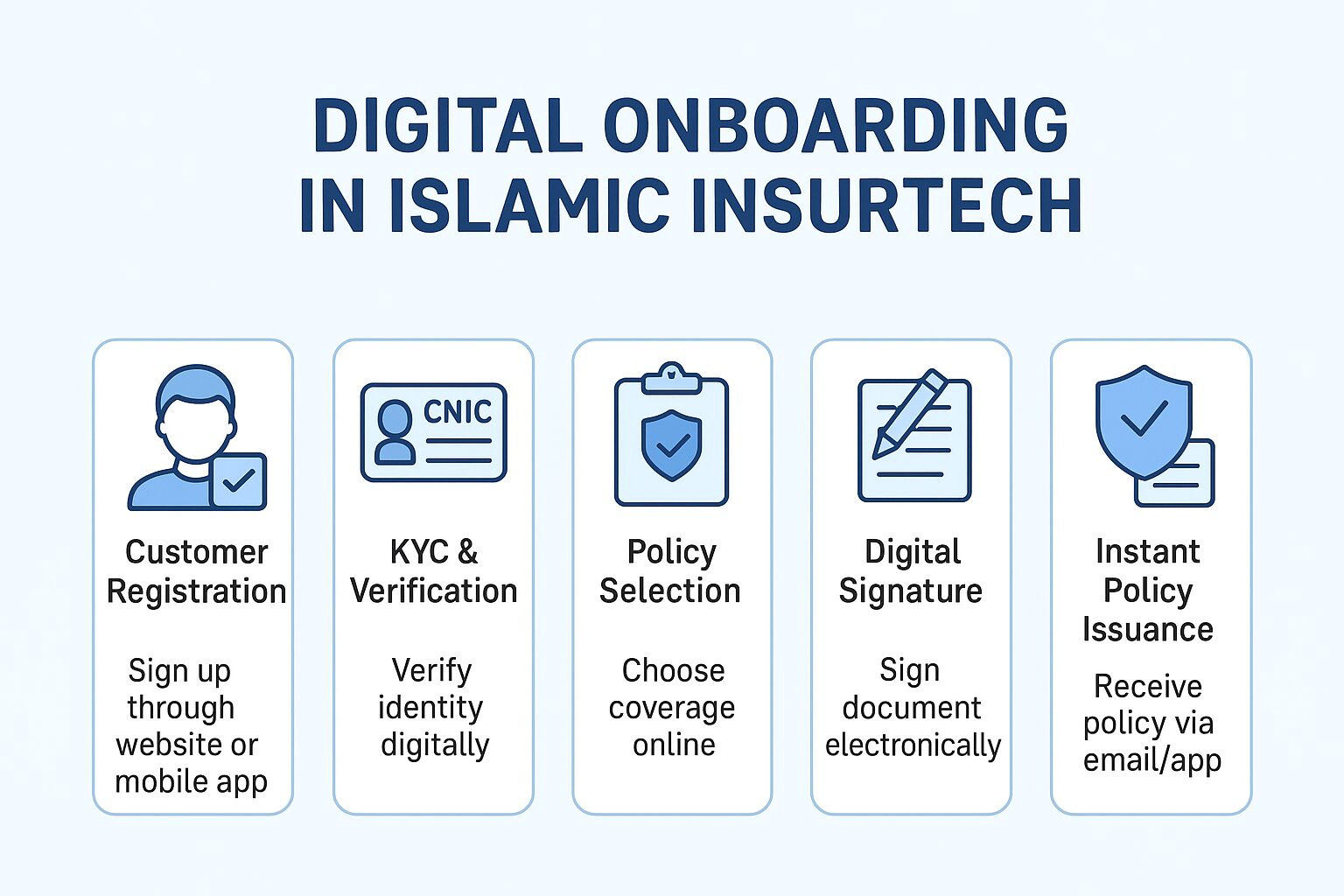Role of Technology in the Insurance Sector of Kenya:
Kenya and South Africa are the regional leaders in various FinTech areas. Kenya is one of the world leaders in mobile money and is home to perhaps the most well-known example of FinTech-based financial inclusion, M-Pesa. The dominant position of M-Pesa in Kenya was used as an example of a situation when regulation significantly lags behind the development of technology.
Kenya’s FinTech Industry:
In Kenya, Mobile money and credit platforms dominate Kenya’s FinTech industry in terms of subscription and financial performance. Banks and telecommunication firms are the major users of FinTech in Kenya going by the various banking digital applications and Safaricom’s M-Pesa application is largely utilized in the transactions. The success attributable to FinTech in Kenya can largely be attributed to a supportive policy environment. The policy stance towards Financial Technology development in Kenya is at its nascent stage though fast progressing (Rodgers et al., 2023).
Cloud Computing’s Impact:
The share of the adult population in the State with a mobile money account is close to 60%. Cloud computing’s impact on Safaricom and Access Kenya’s TCO was studied in Kenya. The study suggests cloud computing may save money. Cloud computing may save Safaricom and Access Kenya money. WAN, structured cabling, data transmission, and network performance improved while infrastructure costs decreased. Cloud computing reduces server costs by lowering security, maintenance, procurement, power consumption, operating system, licensing, updates, support, setup, and storage. It reduces client computer, antivirus, configuration, printer, ink, paper, and software costs. Cloud computing saves hardware (server, client machine, printer, software, and network support cost).
Cloud computing lowers WAN costs, data transfer, network performance, structured cabling, virtualization, and thin client architecture. The study found that, except for WAN connectivity costs, these services’ costs have slowed connectivity (Samuel et al., 2016). Electronic banking was studied in Nairobi’s first-tier banks.
According to research, online banking’s utility and friendliness do not affect consumer satisfaction. Mobile banking convenience affects consumer happiness, according to research. User-friendly ATMs, accessibility, and privacy greatly affect commercial bank client satisfaction, according to the research (Simon & Thomas, 2016). Smartphones, deep learning/machine learning, robotics, and blockchain have helped Africa’s digital revolution.
IoT:
Africa has fast-growing fixed and wireless broadband internet. Mobile subscriptions, cloud computing, and data analytics will boost the IoT in Africa. IoT potential increases with 4G/5G mobile connections. Affordability, standardization of core IoT hardware and software, and integration with Big Data and Analytics drive IoT growth across Africa, including Kenya (Julius & Catherine, 2018).
Index Insurance:
Kenyan insurance company Kilimo Salama provided index insurance to 51,000 farmers in 2009 using solar-powered weather sensors and wireless SIM cards to send data to a cloud server. Agronomists create the index and identify high- and low-rainfall areas. If rain falls too late or early in the growing season, they do not have to register a claim or travel to the farm to be paid. Kansas registered farmers and paid claims using mobile technology. Camera phones record farmers’ seed, fertilizer, and chemical purchases for policy administration. SMS updates farmers on policies and rewards. Health monitor sensors and other IoT devices may help insurers reward risk-reduction. Policyholders will avoid danger, lowering premiums (Nir, 2016).
Big Data Analytics:
Kenya’s Technical University and Strathmore University examined big data analytics and organizational effectiveness. According to a study, big data analytics boosts innovation, creativity, productivity, and efficiency (Munyole & Mutai, 2019). According to a study, big data analytics affected Safaricom, Airtel, and Telkom Kenya. New products, targeted offers, service delivery, and customer communication improve. It also identified skills and analytics tools as telecom companies’ value barriers (Assumpta, 2018).
Using mixed methods, the Technical University and Strathmore University studied how big data analytics affects organizational performance and effectiveness. According to research, big data analytics improves innovation, creativity, effectiveness, productivity, and efficiency in most organizations (Munyole & Mutai, 2019).
Kenyan Research Linked FinTech:
Kenyan research linked FinTech and process automation (Kemunto & Kagiri, 2018). Lami Technologies creates an ecosystem for insurance firms to design, market, and administer products using cloud computing, automation, and third-party service providers (Venture Capital, 2021). Jubilee Insurance in Nairobi uses chatbots and automated messaging systems to improve customer service. “Recover in Style” provides hair and makeup services to hospitalized Jubilee patients, going beyond financial constraints to create excellent customer experiences (Nivin, 2020).
Mobile Financial Services in Kenya:
Mobile financial services helped banks and telcos collect client transaction and savings data, reducing errors. This allowed financial intermediaries to analyze client behavior to create personalized credit ratings and adjust loan prices, making it the main platform for digital credit evaluation and micro-credit distribution (Ndung’u, 2017). Ndung’u (2017) claims the CBK issued financial risk-reducing rules. This includes liquidity risk management. Most people support the AI curriculum in medical schools and postgraduate residency training as a tool to help doctors diagnose early and reduce errors (Zaboor et al., 2022).






